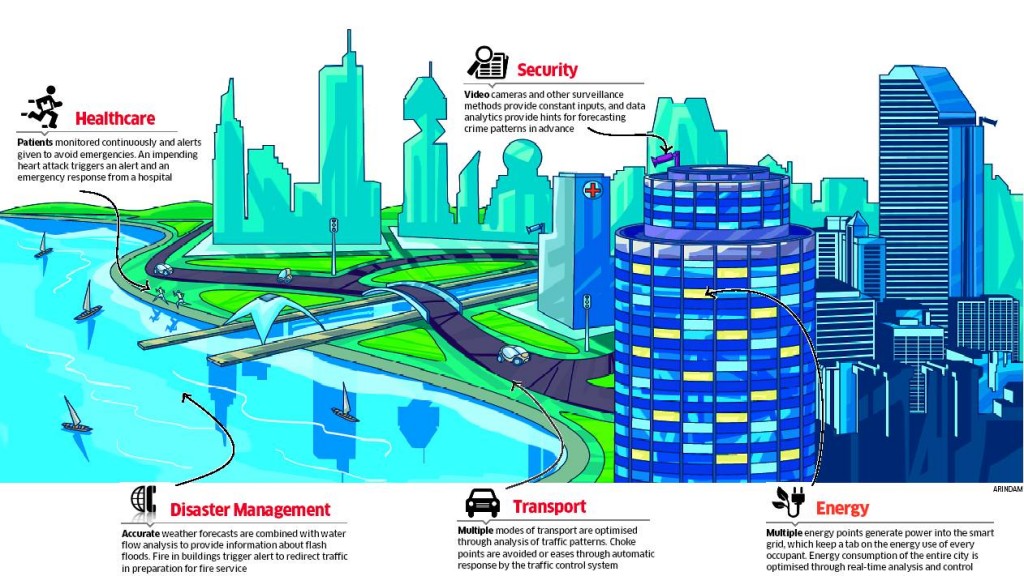 I want to be an optimist about this effort, but I am afraid that it will turn out to be another of many conferences bureaucrats attend using taxpayer money. The contribution that broadband services makes to economies is well documented and understood so listening to highly paid consultants restate what they can read in a magazine or report is not a valuable use of time. Instead they should use this forum to openly share results and experiences in deploying broadband infrastructure. They should learn what business models work and what don’t work. This forum should present ways to stimulate new applications of services and promote competition of service providers. I hope that “Next Century Cities” is used as a constructive tool to share the knowledge of broadband infrastructure deployment and service provider competition and not as a way to grow government over the private sector.
I want to be an optimist about this effort, but I am afraid that it will turn out to be another of many conferences bureaucrats attend using taxpayer money. The contribution that broadband services makes to economies is well documented and understood so listening to highly paid consultants restate what they can read in a magazine or report is not a valuable use of time. Instead they should use this forum to openly share results and experiences in deploying broadband infrastructure. They should learn what business models work and what don’t work. This forum should present ways to stimulate new applications of services and promote competition of service providers. I hope that “Next Century Cities” is used as a constructive tool to share the knowledge of broadband infrastructure deployment and service provider competition and not as a way to grow government over the private sector.
John M. Eger
There is a new organization in town and it’s quietly getting the attention it deserves.
Called “Next Century Cities,” it met last month with mayors and executives from 32 cities in Santa Monica, California to talk about the new economy, the critical importance of broadband infrastructure to economic wealth and well being and the vital role cities must play to succeed and survive in what is fast becoming a turbulent, knowledge driven world.
According to McKinsey and Company,
“In a world of rising urbanization…U.S. cities face turbulent times ahead as the economy strives to recover from deep recession… business and government leaders need to find ways through these difficulties if cities are to play their part in the US economy’s growth and renewal.
While insuring affordable, and ubiquitous broadband is not a panacea, as a whole new economy based not on manufacturing or even service provision, but on knowledge or more precisely creativity and innovation takes shape, cities have to be ready. In large part that means fiber optic broadband because broadband is critical to living and working in the global knowledge economy.
There is simply no alternative.
Benjamin Barber, author of If Mayors Ruled The World, has written,
“The nation-state is failing us on the global scale,” and predicted that “cities and the mayors that run them, offer the best new forces of good governance…They are the primary incubator of the cultural, social, and political innovations which shape our planet. And most importantly, they are unburdened with the issues of borders and sovereignty which hobble the capacity of nation-states to work with one another.”
Next Century Cities says,
“Across the country, innovative municipalities are already recognizing the importance of leveraging gigabit level Internet to attract new businesses and create jobs, improve health care and education, and connect residents to new opportunities. Next Century Cities is committed to celebrating these successes, demonstrating their value, and helping other cities to realize the full power of truly high-speed, affordable, and accessible broadband.”




